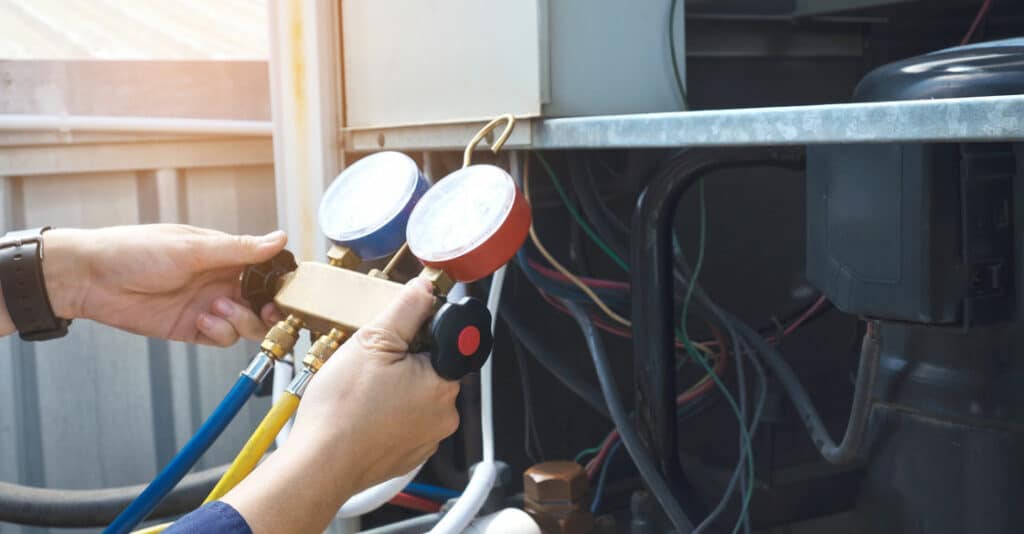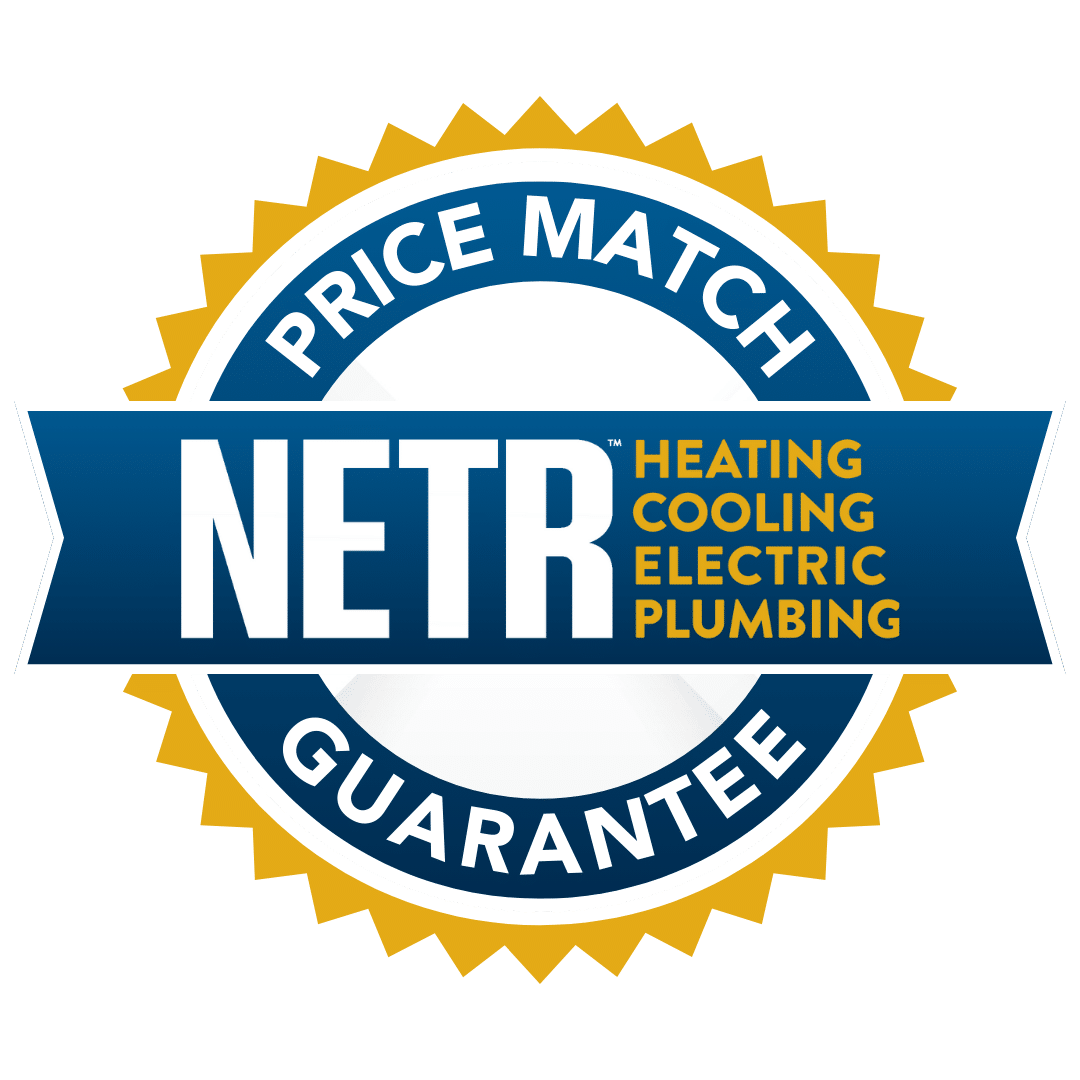HVAC equipment is expensive. Like your roof, wiring, and plumbing, it’s one of the most expensive components of your home and one of the most critical. Luckily, there are easy steps you can take to protect this investment and extend the life of your HVAC equipment.
As you’ll see below, this journey starts before you even buy your equipment, but if you already have a system in place, there are still strategies you can use. Check out the following:

1. Work with a professional installer.
If you’re a DIY enthusiast, you may want to install your own HVAC equipment, but ideally, you should avoid this approach. A specialist can help you choose the right equipment, and they can also help to ensure that everything is installed in the most optimal way possible.
A professional installer can also help you weigh the pros and cons of different types of equipment. To protect your investment, look for high-quality equipment built to last.
2. Choose the right size equipment.
Whether you work with a pro or on your own, size your equipment very carefully. Don’t just look at the capacity of the space you’re heating and cooling. Also, consider all of the other elements that affect the heat load in your home, such as windows, insulation drafts, etc. A professional will do a Manual J calculation to find the capacity you need.
If you get too large of equipment, it will heat and cool your home very quickly. Then, it will turn off and cycle on when directed by the thermostat. The rapid heating and cooling will cause the system to cycle on and off much more than correctly sized equipment, wearing it out faster.
On the other hand, if you get a unit that’s too small, it will run constantly trying to heat or cool your home. HVAC equipment isn’t designed to run like this, and it will also wear out faster.
3. Invest in a smart thermostat.
A smart thermostat can keep your equipment running at a steady pace. It also ensures that you don’t run your equipment on full blast while you’re sleeping or at work. This helps to safeguard the lifespan of the equipment. It also saves you money on your energy bills.
4. Change/clean filters.
All of the air in your home passes through the filters on your HVAC system. This includes all of the cooking smoke from your kitchen, pet fur, and anything else that’s swirling through your home’s air. Over time, dust, dander, and other elements build up on your filters.
If you don’t clean the filters, your HVAC equipment will have to work harder than ever to push air through the filters. Give your equipment a break by cleaning or changing your filters on a regular basis. Most filters need to be changed at least once a year, but you may need to change them more often if you have a very dusty home due to pets, open windows, wood-burning stoves, etc.
5. Clean around the condenser.
If you have an outdoor condenser for your AC, you need to keep it clean. Excessive leaves, grass clippings, or other debris can compromise the airflow around your condenser. This can also shorten the lifespan of your equipment.
6. Schedule routine maintenance.
If you want your HVAC equipment to last, you cannot forget about routine maintenance. Before the heating season, have a tech come out to service your heater, and before the cooling season, have someone look at your air conditioner.
To save money and hassles, you may want to sign up for a service subscription. With this type of arrangement, you get annual service at discounted rates, and you also get top priority when you have emergency repair needs.
7. Don’t ignore issues.
Is your system making odd noises? Does the air coming out of your vents smell odd? Does your home feel hotter or colder than you want? Don’t ignore these types of issues. When you sense a potential problem with your HVAC system, call in the pros. Proactive maintenance and repairs can help your system to last longer.
Contact N.E.T.R., Inc. to Help Extend the Life of Your Equipment
At N.E.T.R., Inc., we want to see your HVAC equipment last as long as possible. We work with our clients through the selection and installation to ensure they have the optimal equipment for their homes. Then, we help you maintain and repair your equipment. Ready to learn more? Then, contact us today.

